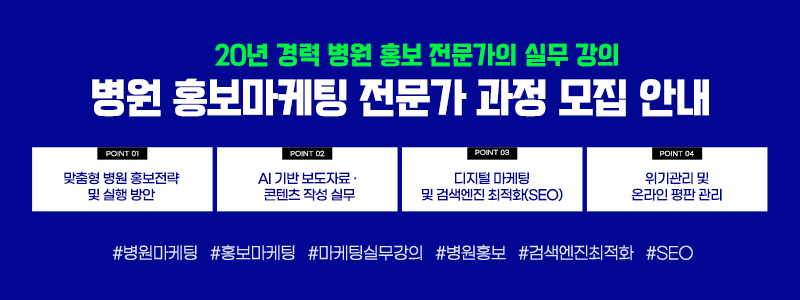Testing of the products and their ingredients found no violations of safety standards. However, a strong correlation was observed between adverse effects and consumption of these supplements after alcohol intake, prompting the recall to protect consumers.
Hepatitis, an inflammation of liver cells, can be triggered by viruses, alcohol, or certain medications, among other causes. Acute hepatitis, defined as inflammation lasting less than six months, is often manageable with appropriate treatment. In contrast, chronic hepatitis requires long-term management and can lead to severe complications, such as liver failure. Symptoms of acute hepatitis include fatigue, loss of appetite, vomiting, low-grade fever, and jaundice. Chronic hepatitis may present with no symptoms or intermittent jaundice and persistent fatigue, potentially progressing to life-threatening conditions.
Dr. Kyung Hoon Kim, an internist at Ulsan Eliya Hospital, emphasized the challenges of detecting hepatitis early. “Initial symptoms are often subtle, making diagnosis difficult without testing. If acute hepatitis progresses to chronic, the risk of cirrhosis or liver cancer increases significantly,” he said. “Early diagnosis and treatment are critical.” Dr. Kim advised against relying on unproven remedies or supplements, urging consumers to prioritize hygiene practices, such as handwashing, and seek medical evaluation if symptoms arise.

Health supplements have surged in popularity in South Korea due to their affordability and ease of use. Products range from ginseng, probiotics, and vitamins to those marketed for weight loss or stress relief. Ahead of the Chuseok holiday—a major Korean festival similar to Thanksgiving, where gift-giving is customary—such supplements are particularly sought after. However, distinguishing them from pharmaceuticals can be challenging, making it essential for consumers to carefully review product labeling.
Dr. Kim recommended verifying the Ministry of Food and Drug Safety’s certification mark before consuming health supplements. “Check for overlapping ingredients with medications or other supplements and ensure you’re not exceeding recommended doses,” he advised. “These products are not treatments for medical conditions. If you have a chronic illness, consult your physician before use.”
Consumers can access safety information about health supplements on South Korea’s Food Safety Portal (Food Safety Nara) and report adverse effects via the portal or by phone.
Lim Hye Jung, HEALTH IN NEWS TEAM
press@hinews.co.kr


